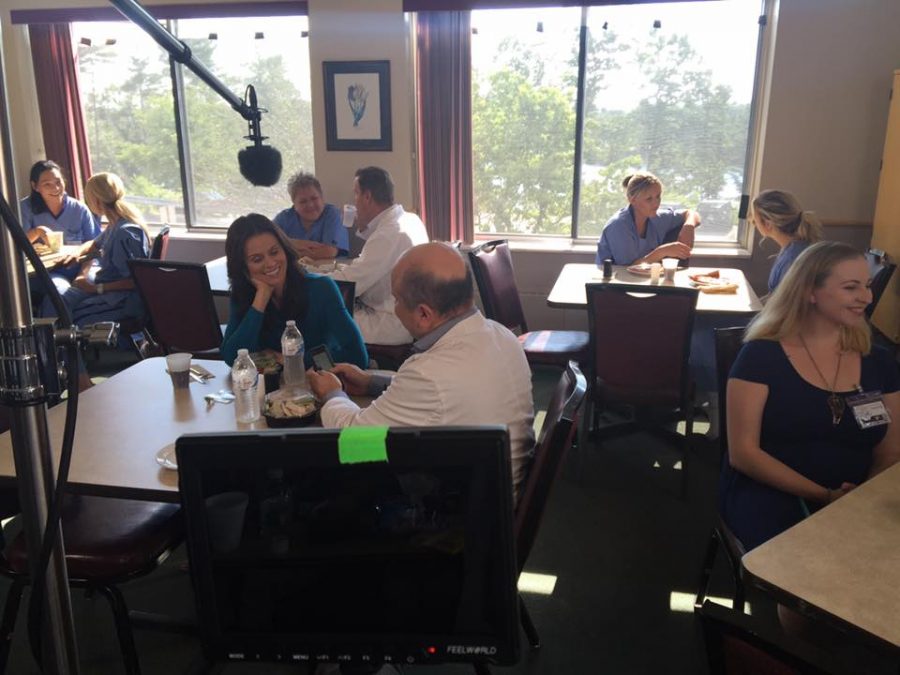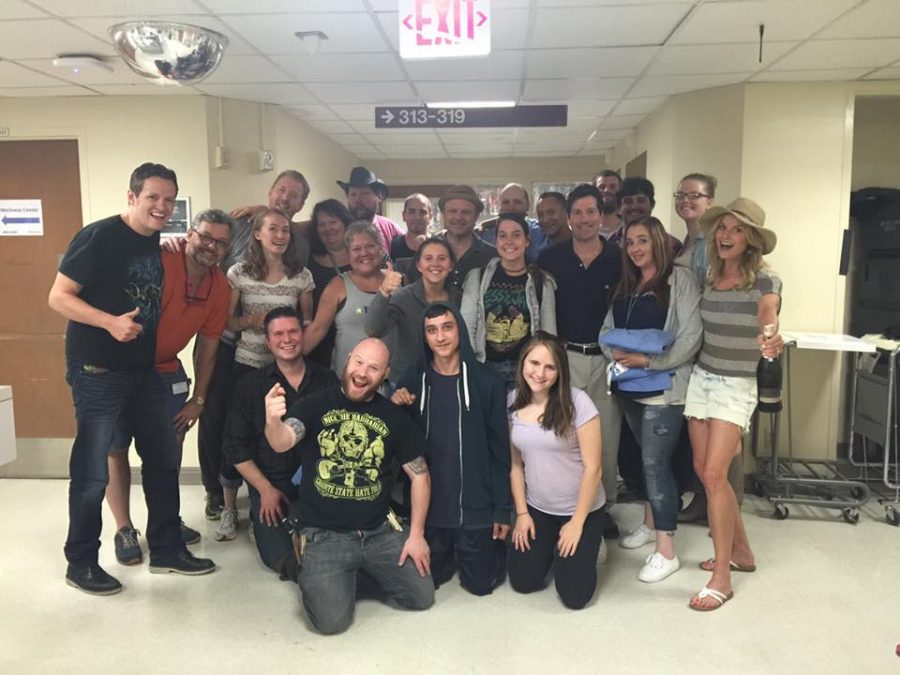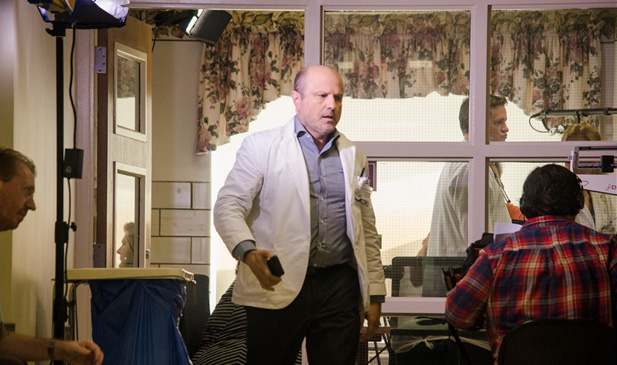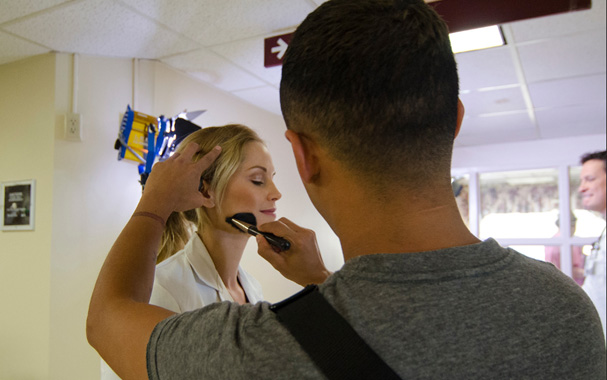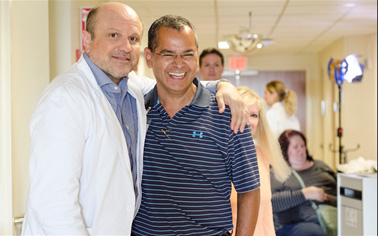THE IMPORTANCE OF TRUST IN THE END OF LIFE CARE PROCESS
The end of life can be a very scary time for the patient, as well as for his or her family. Patients typically have questions, such as “Now what?” and “What is it going to be like getting there?” They often have questions about “What is going to happen to the people I’m leaving behind?” and “What is my legacy going to be?”
People ask these questions because they are not only scared about the pain they will endure along the way, but they want to feel their life has had a real meaning. They want to feel that something of themselves will live on not only through the financial well-being they have provided for their family members but through the memories of who they were.
One form of legacy that patients can leave behind is if they have written notes, journals, or books. Or a patient who has been an artist or musician can leave behind his or her creative projects, so that can be part of a legacy, too. In turn, some patients let their families or doctor know that having these concrete things to pass on helps them feel better about their leaving. They have left something physical to their family members or to the larger general public.
But even if a patient doesn’t have anything physical to leave behind at the time, some patients or their families create this now. By doing so, the patient can feel some satisfaction when the project is done that he or she is now ready to go, and such patients may pass on soon after that project is finished. Or family members may want to create something for the patient as a testimonial to their love and care.
For example, one daughter created a book of the experiences of her father who was dying from the last stages of Alzheimer’s. He had been in the army as one of the first African-Americans to become a sergeant during World War II, and afterwards his military career continued for 30 years, before he retired to be a teacher at a local school. Now that he was dying, his military years mattered the most, and his daughter hoped to capture whatever memories he had left to create a memoir for his life. Though her father could barely remember anything, he found something satisfying in working on this project, as if this helped to give him a sense of meaning for his life in his last days.
Likewise, a doctor working with an end of life patient and his or her family can help a patient feel a sense of satisfaction and completion in gaining this sense of meaning through counseling with them in these last days. Creating this relationship goes beyond just providing care and comfort. Rather it is based on developing a sense of rapport and trust through establishing a close relationship, which requires closely understanding the patient and the family’s wants and needs in this scary time.
In many cases, this kind of relationship can be developed with the patient’s primary care physician, since this is based on an ongoing and long-term relationship where a closeness and trust has developed over time. Also, having this primary care relationship is ideal, because a patient who is dying generally looks to a well-established relationship for emotional and spiritual comfort. So generally a patient does not want to initiate a new relationship with a new doctor, which requires providing a new history of the past and explaining again his or her needs and wants for the future. It can be truly difficult to have to establish a new bond with a complete stranger, especially at this trying time, when life experiences are closing down and the patient is becoming more and more isolated due to a deteriorating physical condition.
Thus, ideally, it is better for the primary care physician or the designee of that physician to continue work with the patient on any end-of-life issues, apart from any physical care, to make sure the patient is comfortable and free of pain as much as possible. In other words, it is ideal if the primary care physician, even if not a doctor involved in terminal care, to carry on all the way to the end. This way there is no need for the patient to meet any new doctors or others in a counseling role to assist at the end, and this continuity will help the patient feel more secure. Moreover, the primary physician can then serve as a liaison between any of the medical or palliative care specialists that the patient may need to see to feel more comfortable in these last days.
Yet, if there is no primary care physician in this role, the end-of-life care physician, whether at the hospital or in private practice, can take over to help the patient, just as the primary physician might do. The big difference is that the end-of-life care doctor has to take the time to understand the patient and build rapport. Depending on the state of the patient’s condition, the end-of-life care physician can meet with the patient and any family members as a counselor and advisor and explain how he or she is there to help. Then, the end-of-life-care doctor can spend time listening to what the patient and family members want, determine if there is a match, and if not, look for areas of difference and seek to work out a mutual understanding. This kind of role takes a great deal of tact, understanding, and reassurance, but by relationship building, the end-of-life care doctor can build this closeness and trust, which is key to providing the patient with the ability to explain what the patient needs now, as well as how he or she hopes to provide a legacy to live on long after he or she is gone.
Alternatively, if the patient simply wants to feel more physically comfortable and wants the assurance that the doctor and medical team will be there until the end, the end-of-life care doctor can provide that reassurance, too.
In short, the end-of-life care doctor’s role is provide that trust and care for the patient and his or her family if the primary care physician isn’t available to do this. Then, through relationship building with both the patient and his or her family, the end-of-life care doctor is able to provide this care and support, which goes beyond simply providing the best care and comfort that the patient needs and the hospital, hospice, or palliative care facility can’t provide.

